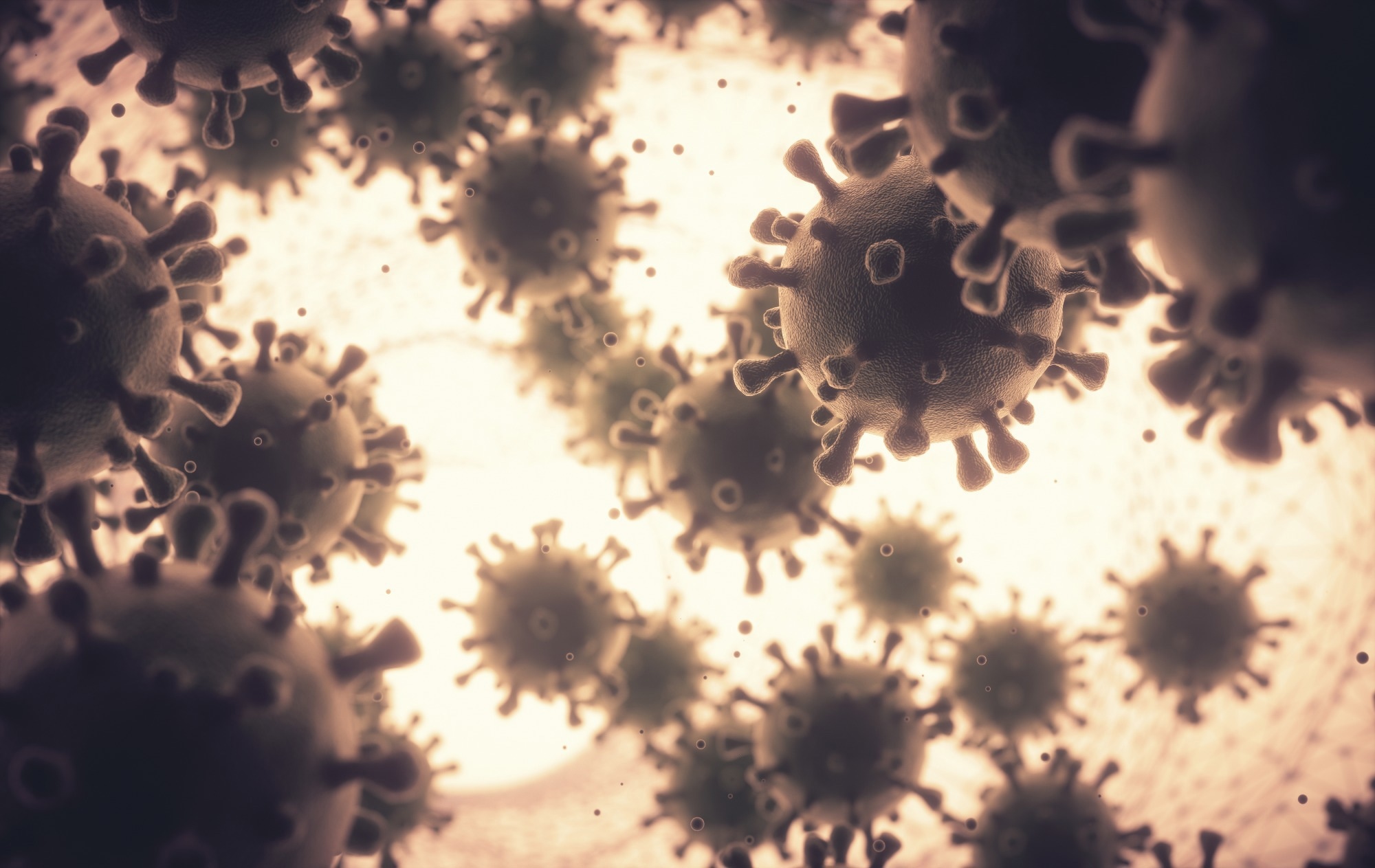Rituximab-treated patients with autoimmune diseases have been reported to have reduced immunogenicity for COVID-19 vaccines. There is, however, limited data on the incidence and severity of breakthrough infections (BTI) among patients with specific rheumatic and musculoskeletal diseases.
A new report throws light on SARS-CoV-2 breakthrough infections in patients with certain joint diseases or musculoskeletal conditions who are on rituximab and compares the severity of COVID-19 outcomes in these patients whilst identifying potential risk factors for severe outcomes.
 Study: Breakthrough SARS-CoV-2 infections and prediction of moderate-to-severe outcomes during rituximab therapy in patients with rheumatic and musculoskeletal diseases in the UK: a single-centre cohort study. Image Credit: ktsdesign / Shutterstock
Study: Breakthrough SARS-CoV-2 infections and prediction of moderate-to-severe outcomes during rituximab therapy in patients with rheumatic and musculoskeletal diseases in the UK: a single-centre cohort study. Image Credit: ktsdesign / Shutterstock
Introduction
Early reports indicated that patients on rituximab for autoimmune conditions were at risk for poor outcomes with COVID-19 compared with the population at large and those on other anti-rheumatic drugs, including biologics. Furthermore, rituximab weakened the antibody response to COVID-19 vaccination while sparing the T-cell response.
The current study, published in The Lancet Rheumatology, has a retrospective design. It followed a single cohort of patients with certain autoimmune diseases who were on rituximab, taking at least one infusion between September 1, 2019, and April 1, 2022. The study period thus began six months before the pandemic.
BTIs were defined as COVID-19 setting in two weeks or more from the second vaccine dose. All cases were confirmed by a positive antigen or polymerase chain reaction (PCR) test. Patient outcomes ranged from ambulatory or hospitalized without oxygen support to moderate-to-severe, requiring oxygen supplementation or death.
Risk factors for the latter outcome categories were identified.
What did the study show?
There were 400 subjects on rituximab therapy at the beginning of the study, with a mean age of almost 60. About three-quarters were female, over 80% were white, and approximately 30% had two other conditions at least. Just below 95% were fully vaccinated.
Of these, about 70% suffered from rheumatoid arthritis (RA), while 36% had systemic lupus erythematosus (SLE) and other autoimmune diseases. During the study, 798 rituximab cycles were administered.
Over the 774·6 patient-years of follow-up, COVID-19 cases gradually increased across all severity phenotypes over the various waves of the pandemic. However, the rates of severe disease remained stable across waves caused by wild-type, Alpha, Delta, and Omicron variants.
There were BTIs in about a third of the fully vaccinated patients. In this latter group, 4% had a moderate-to-severe disease, and one died. Afterward, fully vaccinated people showed significantly lower rates of COVID-19 of any severity and moderate-to-severe type compared to either unvaccinated or partially vaccinated controls.
That is, there were 23 cases per 100 person-years (PY) among fully vaccinated subjects vs. ~90 in unvaccinated or partially vaccinated people. Moderate-to-severe infection occurred in 3 per 100 PY vs 26 in these groups. This was higher than the 0.48 per 100 PY in the general English population at this time.
Interestingly, this was similar to the rates of other severe infections in the whole group at 6 per 100 PY and to those in immunocompromised individuals.
Risk factors for moderate-to-severe COVID-19 included increased medical conditions (increased risk by 46%); and reduced levels of gammaglobulins, that is, immunoglobulin G (IgG) below 6 g/L before a dose of rituximab (increase by 27%). Since low IgG levels predict a higher severe infection risk within 12 months of rituximab and repeated cycles, monitoring Ig concentrations is mandatory before each cycle and at baseline. If the patient has other medical conditions, this is even more important.
However, the level of risk for severe COVID-19 fell by half with additional doses of vaccine. This is reassuring for patients dependent on rituximab or who cannot afford prophylactic monoclonal antibodies against SARS-CoV-2, for instance.
The scientists failed to identify increased risk associated with using steroids like prednisolone, time from rituximab dose, or type of vaccine. Despite B cell depletion, COVID-19 outcomes appear to vary with the circulating variants and intensity of transmission, more than the expected reduced immunogenicity of the vaccine.
What are the implications?
The current study showed how rituximab therapy was safe in terms of COVID-19. This drug did not cause increased rates of severe COVID-19 even though BTI rates were high, with most cases being mild. The high rate of BTI could be due to the immunosuppression in this cohort, belying the high vaccination uptake.
Provided that healthcare providers vigilantly monitor patients for low IgG levels before rituximab, and a higher number of medical conditions, “the risk–benefit ratio might still favor rituximab in vaccinated patients with severe rheumatic and musculoskeletal diseases who have few other treatment options.”